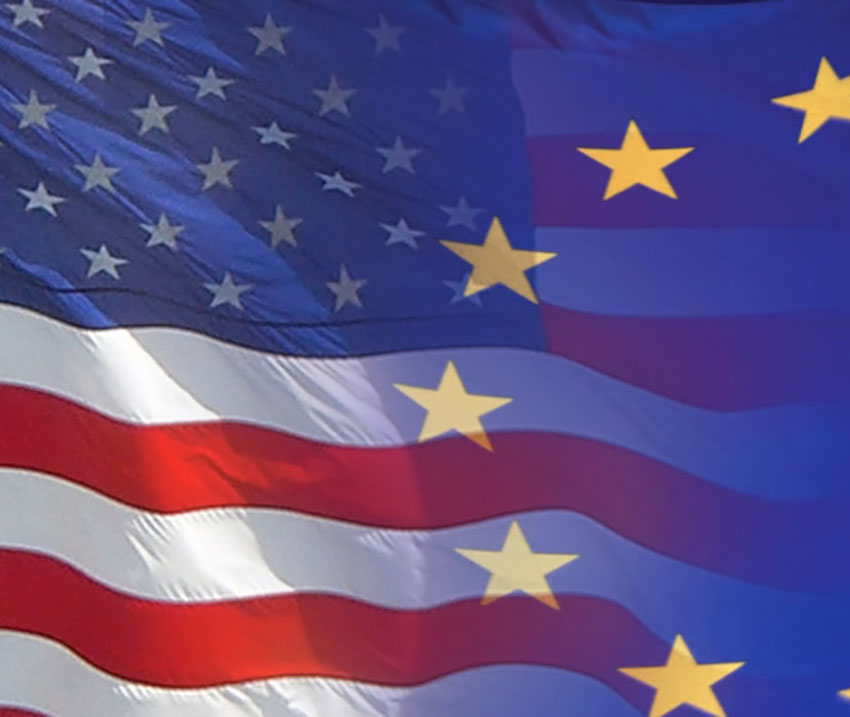Does TTIP bring more pesticides in our plates?

Does TTIP bring more pesticides in our plates?
The current negotiation on the TTIP between the EU and the US aims to set up a free-trade agreement between the two regions. The agreement is a cause of concern for ecologists and consumers as it can lead to an increase of the quantity of pesticides in our food.
The increase can be limited if the agreement is ratified without being amended
Compared to the standards in the USA, maximum residue limits for pesticide use in the EU are very low, circa 0,01 mg/g. the US refer to the limit decided by the Codex Alimentarius, operated by the UN System, that is to say 10 mg/kg, which is a thousand times higher than in Europe.
In view of transparency and equity, the new TTIP agreement states that both markets will apply the terms of the Codex. Actually, European consumers will have to eat more pesticides. In addition to the increase of referential standards, the same problem arises to more than 80 products forbidden in Europe but which are used in the US.
The European Union claims it ensures he protection of consumers
The European Union claims it ensures he protection of consumers’ health and has no intention to concede to the commercial imperatives of the trade agreements. Thus, animals stimulated with hormones for growing will still be forbidden. Apparently, the TTIP has no impact on sanitary rules currently in force in Europe and in the US.
However, the CIEL (Center for International Environmental Law) notices the regulatory nature of the text and of the consequences on Europe actions on chemical risks. The CIEL thus sermons the precautionary principle and to keep the laws that are in force in the farming sector today.






LEAVE A COMMENT